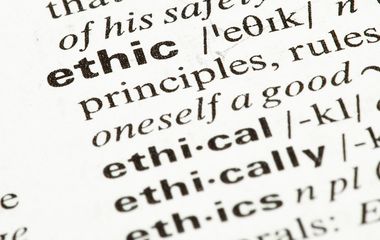
About Us
The Standards Commission is an independent body whose purpose is to encourage high ethical standards in public life through the promotion and enforcement of Codes of Conduct for councillors and those appointed to the boards of devolved public bodies.
Representation
2nd May 2022
With recent news stories highlighting the issues faced by women in politics, it is timely to pause and consider the consequences.
Despite over a century having passed since women have had the right to stand for election, they remain underrepresented at both national and local levels. As it stands[1], only 35% of MPs in Westminster and 29% of local councillors in Scotland are female. Representation in the Scottish Parliament is slightly better at 45%, but is still short of a 50/50 split, which would be more representative of society as a whole.
Given these statistics, the need to make politics both an open and safe space for women to enter becomes all the more important. Stories of misogyny and sexism are a regular feature of the political news arena. The sprawling nature of social media makes any form of measurable data on the subject hard to gather, but a wide-ranging study carried out by the London School of Economics and Political Science[2] suggested that female MPs were more likely than male MPs to receive uncivil tweets. The study also suggested women are more likely to be the subject of more subtle “microaggressions”, that marks them as unqualified and unwelcome in politics.
The concern is that this will lead to fewer women standing for election or remaining in politics.
As well as being one of the key principles of public life in Scotland, respect is also a key requirement of the Councillors’ Code of Conduct. Paragraph 3.1 of the Code states:
I will treat everyone with courtesy and respect. This includes in person, in writing, at meetings, when I am online and when I am using social media.
The Code also states that councillors must not discriminate unlawfully on the basis of race, age, sex, sexual orientation, gender reassignment, disability, religion or belief, marital status or pregnancy/maternity; and that they must advance equality of opportunity.
The importance of adhering to these provisions cannot be overstated. A willingness to treat everyone with courtesy and respect, regardless of their gender, race or any other characteristics, and to promote equality will create a safer space within politics for minorities and underrepresented groups.
The hope is that this will then lead to more individuals from these groups standing for election, with an overall increase in representation.
[1] https://commonslibrary.parliament.uk/research-briefings/sn01250/
[2] https://blogs.lse.ac.uk/politicsandpolicy/twitter-abuse-mps/

